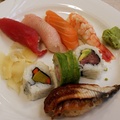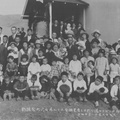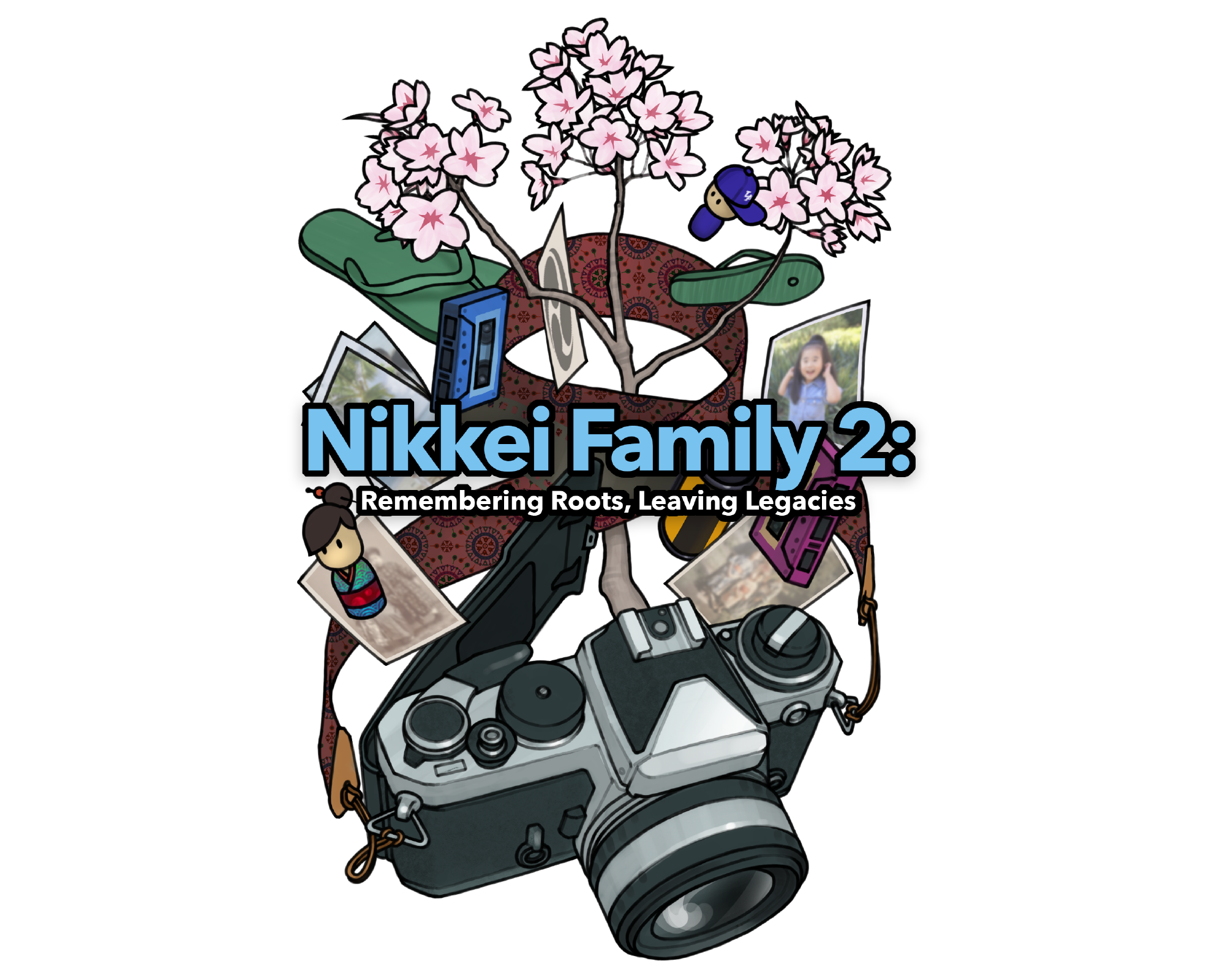For those who cover the Japanese community, you have to think of it as "no weekends off every week" from January to March (!). This is because during this time, almost all organizations in the Japanese community in LA, such as prefectural associations, groups, and hobby clubs from each prefecture, hold New Year's parties and general meetings. If I'm invited, I can't attend all of them, but I try to attend as many as I can. I recently attended a New Year's party for my prefectural association. The party was held in a banquet hall in eastern LA, a 10-minute drive from downtown, and it was a fun event with local accents galore.
So I was concerned about something one member said.
"We usually held these gatherings at the New Otani Hotel in Little Tokyo... Some people would come from far away. Those who rarely came to Japantown would look forward to parking their cars after the party and browsing the shops or going to the Japanese supermarket."
Some people drive two hours from the depths of the San Fernando Valley or far south to Orange County to attend the New Year's party. Of course, there are no Japanese markets around their homes, so coming to the Japanese town for the prefectural association gathering is a great opportunity to buy Japanese food, books, magazines, cosmetics, and more.
The fun in Little Tokyo, the Japanese town, has changed drastically since the New Otani Hotel & Gardens closed down last November. The New Otani, which had been a landmark in Little Tokyo for 30 years, has been replaced by the American-owned Kyoto Grand Hotel & Gardens. How many Japanese groups chose the Kyoto Grand as their venue this year? There is no doubt that the number has dropped sharply. For several years, it has been felt that the New Otani was moving away from the Japanese community, but now that it has lost its New Otani name, it seems that the Japanese community no longer has any resistance to distancing themselves physically and psychologically from the Japanese community. (The New Otani itself has been targeting American guests for several years. This is not surprising, as there are many public institutions such as the city hall and the Los Angeles Police Department around Little Tokyo, and it is crowded with people of other races.)
"We'll have to consider Torrance as a possible venue from next year." If other venues in Little Tokyo are struggling due to capacity issues, Torrance (South LA), now the center of the biggest Japanese shopping market in the LA area, will emerge. Even if it means going further away, it is our earnest wish that "please don't take away the fun for those who come from far away."
In fact, it is becoming more and more difficult for those from far away to visit the Japanese town. In Little Tokyo, where the New Otani has withdrawn, one Japanese store after another has closed down, and the ones that move in are almost always other Asian owners, especially Koreans. Even though it is a Japanese town, it is difficult and not right to limit the owners to Japanese. The ever-increasing rents in Little Tokyo are probably making new Japanese business owners hesitate.
These days, the Koreans are becoming more prominent in the Torrance area. It seems like the Japanese towns are being pushed aside, but at least looking at the recent momentum of Little Tokyo, it's easy to see why other Asians are moving into Japanese towns. Chinatown and Koreatown are literally towns for the people of the country. You can see other Asians, but the only other races are Hispanics. Little Tokyo, on the other hand, has become an ideal town with a mix of races, thanks to its good location right next to downtown LA and the good security that the Japanese have maintained. On weekdays, businessmen in suits are coming and going, and on weekends, groups of white people who look like they are in their teens are often seen. There is no doubt that it has an appeal.
Japanese people shy away from Little Tokyo, calling it a "run-down, old-fashioned town." When I first came to America, I was of the same opinion. But for Japanese-Americans who have put down roots in American society and only go to Japantown two or three times a year, like the "far-away group" I met at the New Year's party, it's still a place they're grateful for. I hope that next year, for the sake of those "far-away group," we can hold a New Year's party in Japantown.
© 2008 Yumiko Hashimoto










